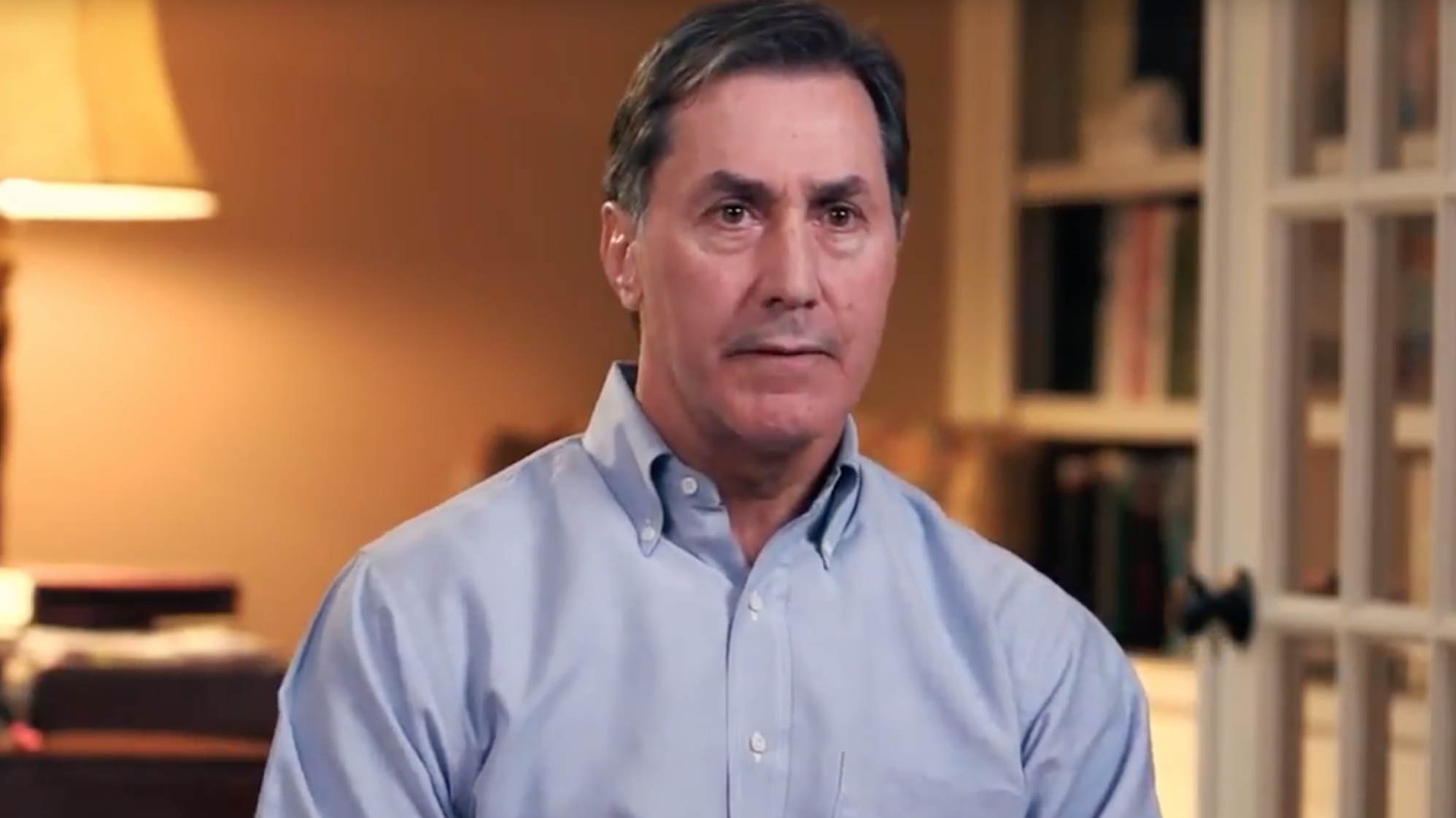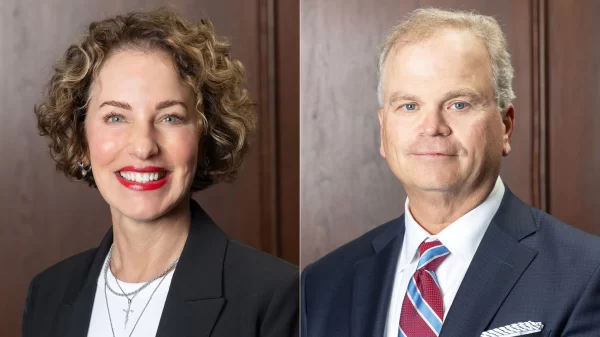Congressman Gary Palmer, R-Alabama, has introduced the Coronavirus Relief Fund Flexibility Act, which would allow states to determine how to spend their remaining coronavirus relief dollars issued under the CARES Act.
“The initial legislation was perhaps too restrictive,” Palmer said. “What we hope to do with this legislation is not only create some flexibility to prevent waste but to incentivize states to use the funds towards much needed infrastructure. The one-size-fits-all nature of the underlying measure fails to consider how each state is responding to the pandemic differently, so this legislation would put the spending decisions in the hands of those on the ground in the states who have a better understanding of their specific needs.”
Palmer said passing this legislation, HR8360, will give states a much-needed boost for infrastructure and an extended period to determine how to address continued COVID-19-related expenses, instead of rushing to spend the funds with a looming deadline.
States and localities were provided with $150 billion through the CARES Act relief fund for mitigation and response to COVID-19. Alabama’s legislators originally thought they could do whatever they wanted with that money. State Senate President Pro Tem Del Marsh, R-Anniston, even went so far as to produce a wish list that included hundreds of millions for broadband expansion and a new Statehouse.
Federal authorities, however, made it clear that there were restrictions on what that money could be used for. It can not be used to make up for lost revenues due to the lengthy economic shutdowns, the dramatic cutbacks in travel and hospitality, and the reductions in business capacity.
It is now estimated that approximately $80 billion remains unspent. HR8360 would allow state legislatures to determine how to utilize these remaining funds, with measures to encourage infrastructure development and future COVID-19 preparedness.
Palmer said that the Coronavirus Relief Fund Flexibility Act would prohibit funds from being spent on government employee bonuses, lobbying expenses or budget shortfalls predating the pandemic, while providing a 50 percent match for funds spent on infrastructure projects begun in the next year.
It would also require states to hold 25 percent of their remaining relief funds in trust for future COVID-19 expenses. The states are currently required to return any unspent CARES Act money in January.
Democrats have been pushing for more than $1 trillion in funding for cash-strapped state and local governments, but the White House and congressional Republicans have resisted this call, arguing that would be just rewarding state and local governments for poor fiscal planning.
The White House and Senate Republicans are in negotiations with Democratic leaders, including Speaker of the House Nancy Pelosi, on a possible compromise coronavirus relief bill prior to the Nov. 3 general election.
Palmer represents Alabama’s 6th Congressional District. Palmer has no Democratic opponent in the Nov. 3 general election.





















































